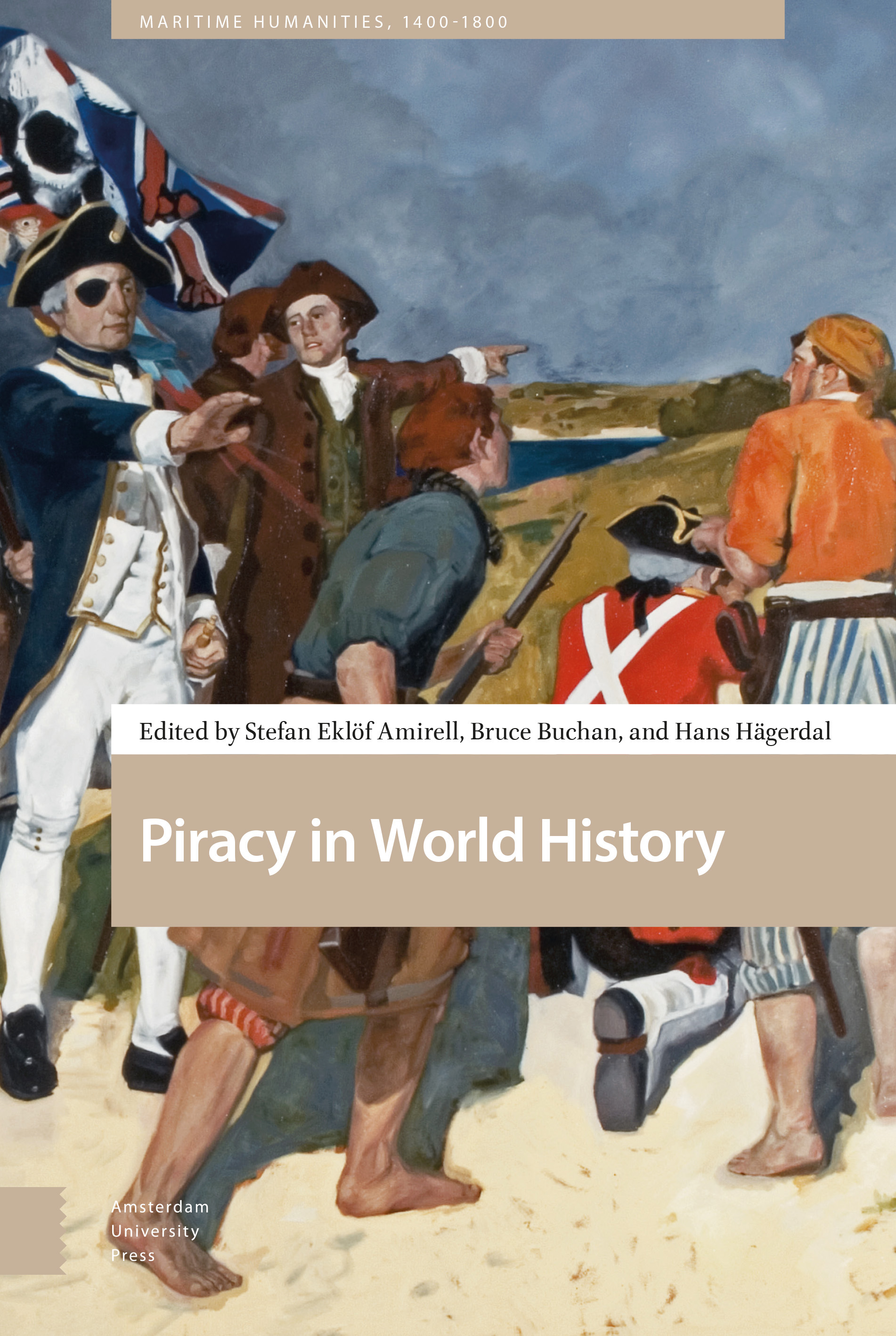Book contents
- Frontmatter
- Contents
- Acknowledgements
- 1 Introduction: Piracy in World History
- 2 “Publique Enemies to Mankind”: International Pirates as a Product of International Politics
- 3 All at Sea: Locke’s Tyrants and the Pyrates of Political Thought
- 4 The Colonial Origins of Theorizing Piracy’s Relation to Failed States
- 5 The Bugis-Makassar Seafarers: Pirates or Entrepreneurs?
- 6 Piracy in India’s Western Littoral: Reality and Representation
- 7 Holy Warriors, Rebels, and Thieves: Defining Maritime Violence in the Ottoman Mediterranean
- 8 Piracy, Empire, and Sovereignty in Late Imperial China
- 9 Persistent Piracy in Philippine Waters: Metropolitan Discourses about Chinese, Dutch, Japanese, and Moro Coastal Threats, 1570–1800
- 10 Sweden, Barbary Corsairs, and the Hostis Humani Generis: Justifying Piracy in European Political Thought
- 11 “Pirates of the Sea and the Land”: Concurrent Vietnamese and French Concepts of Piracy during the Second Half of the Nineteenth Century
- 12 Pirate Passages in Global History: Afterword
- Index
9 - Persistent Piracy in Philippine Waters: Metropolitan Discourses about Chinese, Dutch, Japanese, and Moro Coastal Threats, 1570–1800
Published online by Cambridge University Press: 16 December 2021
- Frontmatter
- Contents
- Acknowledgements
- 1 Introduction: Piracy in World History
- 2 “Publique Enemies to Mankind”: International Pirates as a Product of International Politics
- 3 All at Sea: Locke’s Tyrants and the Pyrates of Political Thought
- 4 The Colonial Origins of Theorizing Piracy’s Relation to Failed States
- 5 The Bugis-Makassar Seafarers: Pirates or Entrepreneurs?
- 6 Piracy in India’s Western Littoral: Reality and Representation
- 7 Holy Warriors, Rebels, and Thieves: Defining Maritime Violence in the Ottoman Mediterranean
- 8 Piracy, Empire, and Sovereignty in Late Imperial China
- 9 Persistent Piracy in Philippine Waters: Metropolitan Discourses about Chinese, Dutch, Japanese, and Moro Coastal Threats, 1570–1800
- 10 Sweden, Barbary Corsairs, and the Hostis Humani Generis: Justifying Piracy in European Political Thought
- 11 “Pirates of the Sea and the Land”: Concurrent Vietnamese and French Concepts of Piracy during the Second Half of the Nineteenth Century
- 12 Pirate Passages in Global History: Afterword
- Index
Summary
Abstract
The chapter focuses on how piracy was rendered in Spanish records from the Philippine Islands from around 1570 to 1800. The author demonstrates that the label “pirate” was used to denote a wide range of hostile elements or peoples, including other Europeans, Chinese, Japanese, and indigenous Philippine groups. Several of these alleged pirates have been largely overshadowed by later, mainly nineteenth-century, accounts that focused exclusively or overwhelmingly on the maritime raiding of indigenous Muslim “Moro piracy.” The chapter thus demonstrates the complex nature of piracy and the multiplicity of actors, practices, and representations of the phenomenon during the long period under study.
Keywords: Philippines, Early Modern, conceptual plurality, Moros, Spanish colonialism
Introduction
In the early seventeenth century people of Mindanao apparently “helped those of Sulu in their piratical excursions, frequently invading the beaches of our islands, destroying their fields and forests, burning their villages, forcing them into a fortress or to flee into the mountainous region of the interior.” These lines were not recorded by contemporaries, however, rather they were penned by a nineteenth-century Spanish historian of military background, Pio de Pazos y Vela Hidalgo (1841−1913), who personally participated in an expedition against Mindanao rebels in 1866. They were part of a chronological account of what he called a Military History of Jolo. It is an apt introductory quote reflecting both the key topoi and muddled chronologies of the history of piracy in the Spanish Philippines.
The main goal of this chapter is to highlight the discursive power of piracy and coastal raids in Spanish colonial reports produced in the Philippines between 1570 and 1800, with the key focus on roughly the first hundred years. The chapter focuses on the margins of the South China Sea or the waters and coasts of what is nowadays referred to as the Philippine, Sulu, and Indonesian seas. Discourses of external threat played an important role in both establishing sovereignty and in creating a sense of common political interest among different subordinate groups. For maritime Southeast Asia, non-European understandings of maritime violence and the relationship between those who talked and wrote about it and those who were accused of committing it are essential yet remain understudied. Approaching the theme through the lens of concurrent concepts of piracy can contribute to nuance long-held misconceptions of either religiously motivated raiding or spontaneous acts by opportunist seafarers.
- Type
- Chapter
- Information
- Piracy in World History , pp. 199 - 224Publisher: Amsterdam University PressPrint publication year: 2021



